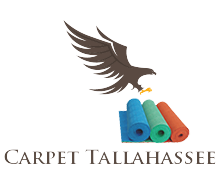I’m typically requested by the communications administrators I coach in regards to the relationship they need to have with their nonprofit’s board of administrators.
Ought to they attend conferences? What advertising metrics ought to go in a board report? In the event that they get 10 minutes with the board at a gathering, how ought to they spend that point? Ought to they’ve a advertising and communications committee and, if sure, what would they do?
I’m upfront about my bias about boards earlier than I reply: I’m typically not a fan of them meddling in comms work (see my phrase selection — “meddling” — I informed you I used to be biased).
As a rule, I hear tales of how board members have damage or hindered quite than helped. Or how a board member’s involvement, or a dialogue amongst a number of board members, really creates extra work for the comms crew with out producing any organizational profit to justify that further work.
Positive, there are many ways in which board members might assist in concept . . . taking part in the general public “ambassador” position, offering entry to further assets like their very own firm’s media relations record or media coaching, and making certain that the methods and plans they approve are adequately staffed, for instance.
However, truthfully, I simply don’t see that taking place almost as typically as I see board members individually and boards collectively making extra busy work, distracting from actual priorities, and anticipating no matter pet or “nice” thought they need to be applied instantly.
I’d like to be informed I’m manner off-base on this and that there are tons of nice examples the place boards have labored collaboratively with full-time, paid comms employees to make even better issues attainable than the employees might do on their very own.
Do you’ve gotten such a narrative? Please share if you happen to do!











